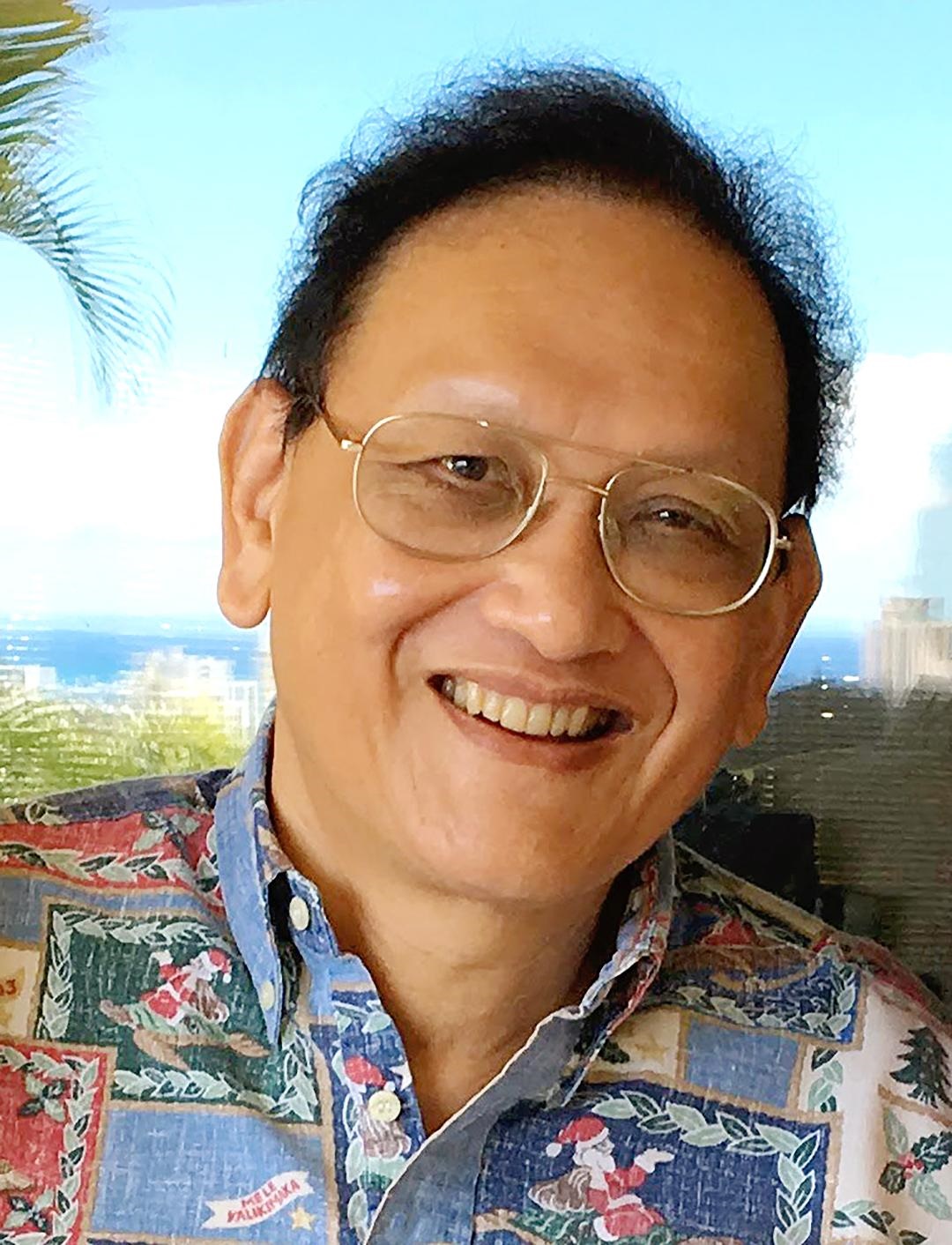There is a kind of love that asks more of you, that challenges you to be better, that invites you to expand into your true capacity. Tony Chan ’72 has that kind of love for Amherst. “Amherst has had an extraordinary impact on me. I cannot imagine my life without it,” he says, “but then, as now, there are ways in which Amherst can be improved.”
Chan was born in Hong Kong in 1950 shortly after his parents left Shanghai during the communist revolution. The family immigrated to the United States in 1955 as refugees, and Chan has called Hawaii home since 1959. He arrived at Amherst in 1968 with scholarship support and appreciated what he calls the “Yankee frugality” of the College at that time: “I had no money, but it didn’t matter much: freshmen were not allowed to have cars, we lived in the same spartan dormitories, we all ate at Valentine, and we took the same classes and faced the same academic challenges. Life was different beyond school, but as students, our lives were remarkably egalitarian.”
Chan graduated from Harvard Law School in 1975. He then clerked for a federal judge in Hawaii before joining and later becoming a partner at the law firm of Goodsill Anderson Quinn & Stifel in Honolulu. He started his own firm, Thompson & Chan, in 1983, with a focus on business and tax planning and mergers and acquisitions.
“I believe deeply in the utility of a liberal arts education,” Chan says, “and Amherst does that exceptionally well, in addition to providing it in a caring and nurturing community.” But that doesn’t mean everything about Amherst has been exemplary.
“I was one of only two Asians in my class and the only Asian American,” he says. “When I was a student, Japanese was the only Asian language that was offered, and art history meant the study of Western art.” While Amherst would eventually enroll increasing numbers of Asian students and offer more courses in Asian languages and civilizations, Chan found the College’s efforts to be lackluster relative to peer institutions.
Because he has the kind of regard for Amherst that expects more, Chan has been a driver of change in both access and curriculum. “I could never have attended Amherst without financial aid, and, in 1989, I was able to establish the Chan Family Scholarship Fund,” he says. “I was motivated by a desire to see that the aid I had received would be available to future students, but I also saw it as an opportunity to express my support for Asian American students.”
Chan has also taken action on the longstanding dearth of teaching, scholarship, and programming at Amherst focusing on the experiences of Asian Americans. “Students over the years have lobbied for an Asian American Studies major and a department,” he notes. “It was the primary demand of Asian students during the Uprising in 2015.” With the hope that it would catalyze that effort, in 2020, Chan established the Asian American Studies Initiatives Fund. It provides support for speaker series, film festivals, art exhibits, and other activities that illustrate the richness of Asian American culture, as well as funding for students and faculty wishing to conduct research or attend conferences related to Asian American Studies. When actor John Cho visited campus in April for a conversation called “Breaking Barriers in Hollywood” that drew a full house to Johnson Chapel, it was Chan’s fund that made it possible.
The challenges that Chan seeks to address as a long and dedicated donor to the College are complicated. “The myth of Asians as the ‘model minority’ has allowed some to ignore Asian American issues,” he says. “The attitude has been ‘there are so many Asians [in American colleges], and all of them do so well’— implying, ‘What’s the problem?’”
“The problem is that you can be at some place and not be of that place,” he continues. “The problem is that the majority does not see you as belonging. The problem is that you continue to be treated as a foreigner. The problem is that you are the subject of hate crime because of your ethnicity.”
These issues have at last become part of the national conversation, and Chan sees change at Amherst too. “We’re making progress,” he says. In 2022, the College committed to a cluster hire of three tenure-track faculty specializing in Asian American Studies in the psychology, economics, and English departments as well as a three-year visiting professor appointment. Chan says, “While Amherst has been late, it has begun to develop a significant Asian American Studies program, one that hopefully will be a leader in the field.”
He is also optimistic about the College’s young alumni and the ways in which they will shape Amherst’s future: “When I addressed the Asian alumni in 2022 at the first Asian alumni gathering at Reunion, I told them that they should be proud to have a seat at the table, that they should be actively engaged with Amherst, and that I eagerly await their continuing contribution to the narrative of the College.”
